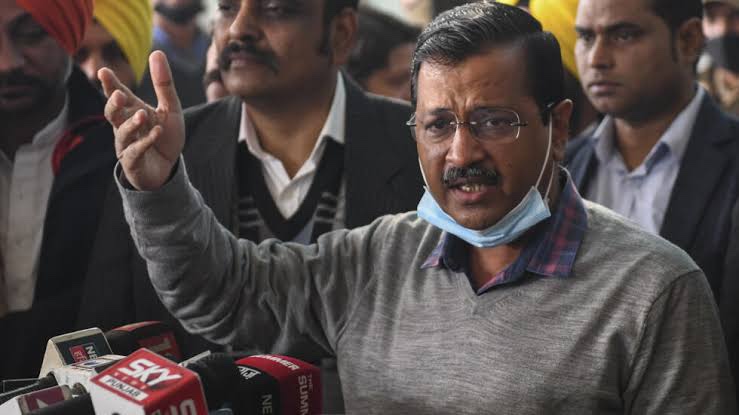Modi opponent challenges arrest ahead of India election

The chief minister of Delhi and a prominent figure in the opposition alliance against Prime Minister Narendra Modi, appeared in court on Friday to contest his recent arrest. The arrest, made in connection with a corruption probe, has been criticized by supporters as a move to sideline challengers before the upcoming election next month.
Kejriwal, along with several other leaders of the opposition bloc, faces criminal investigation. His arrest, which one of his colleagues labeled a “political conspiracy,” is believed by many to be orchestrated by the ruling Bharatiya Janata Party (BJP). He was escorted into the courtroom by officers from the Enforcement Directorate, India’s main financial crimes agency, as he petitioned for bail while the case proceeds.

Initially planning to challenge the legality of his detention in the Supreme Court, Kejriwal’s legal team opted instead to contest his remand in a lower court, according to Shadan Farasat, a lawyer representing Kejriwal. In response to the arrest, hundreds of supporters from Kejriwal’s Aam Aadmi Party (AAP) took to the streets, prompting police intervention and the detention of several demonstrators, including Delhi’s education minister and health minister.
The accusations of corruption stem from Kejriwal’s government policy in 2021, which aimed to liberalize the sale of liquor and divest a government stake in the sector. Although the policy was later withdrawn, an investigation into the alleged corrupt allocation of licenses has led to the imprisonment of two of Kejriwal’s top allies. Despite facing multiple summons from the Enforcement Directorate, Kejriwal had resisted interrogation as part of the probe.
The arrest of Kejriwal has drawn criticism from various quarters, with Tamil Nadu chief minister M.K. Stalin denouncing it as a “desperate witch-hunt.” Critics point to the selective targeting of opposition leaders and the abuse of power, highlighting concerns about the state of democracy in India. This incident adds to the growing chorus of voices warning about the shrinking democratic space in the country, with international rights groups and political opponents raising alarms about the BJP’s alleged misuse of government institutions to suppress dissent.
As India gears up for national elections from April to June, the arrest of Kejriwal underscores the challenges faced by the opposition bloc. Despite being part of an alliance comprising over two dozen parties, the bloc is widely perceived as unlikely to pose a significant challenge to Modi’s popularity. With his reelection seen by many as inevitable, Modi’s Hindu-nationalist politics continue to resonate with a significant portion of the electorate, further solidifying his position as a formidable political force in India.














